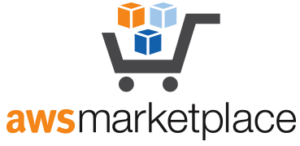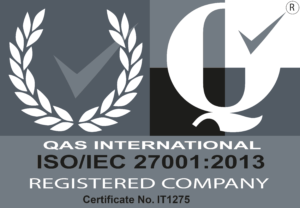Welcome to this week’s Weekly News Roundup from the world of AWS and Technology. Some great new releases and updates this week, including New advance payment for AWS services, more compliance tooling in Systems Manager, and a Well-Architected tool update.
AWS Launches a Solutions Architect Associate Certified Challenge
https://pages.awscloud.com/GLOBAL_TRAINCERT_takethechallenge.html
AWS has launched a new Certified Challenge to reward participants with a 50% off voucher for passing the AWS Solutions Architect Associate before the 4th December 2021.
AWS System Manager Compliance Inventory and Compliance now surfaces stop instances status
AWS has released a new feature to allow stopped EC2 Instances inventory and Patch Compliance to be viewed. Previously, stopped instances would have to be periodically started to obtain their status and installed packages. This release is a huge step forward in automating patching across an AWS estate.
AWS Celebrates 15 years of SQS!
https://aws.amazon.com/blogs/aws/amazon-sqs-15-years-and-still-queueing/
AWS has written a blog post celebrating 15 years of SQS Queues and its released milestones to date. From the first beta release in 2004, SQS has grown from its production launch in 2006, introduced a free tier of 100,000 messages to month, expanded polling and allowed for larger payloads to the introduction of Dead Letter Queues and First in First Out (FIFO) in 2016!
AWS Released AWS SSO to South American (São Paulo) region
AWS has continued their roll-out of AWS Single Sign-On (SSO) to their South American Region to allow for a centralised identity, secure sign-on to multiple AWS accounts and applications using temporary credentials.
AWS Allows Customers to Pay for their Usage in Advance
https://aws.amazon.com/about-aws/whats-new/2021/07/aws-allows-customers-pay-their-usage-in-advance/
AWS has released an Advance Pay feature which now allows you to pay for your AWS usage in advance. Advance pay allows consumers to add funds to their AWS Billing Console, which will automatically be consumed by AWS to pay for invoices when payment is due.
AWS announces support for Amazon RDS PostGreSQL Databases to access data stored in Oracle Databases
AWS has added support for Amazon RDS for PostGreSQL Databases to include the oracle_fdw extension, allowing for PostgreSQL database to connect and retrieve data from oracle databases.
Amazon Announces New PostgreSQL Minor Versions
AWS has released new minor versions of PostGreSQL – 13.3, 12.7, 10.17, and 9.6.22 to close security vulnerabilities, bug fixes and performance improvements.
AWS Increases Organisation Tag Policy Service Quotas
https://aws.amazon.com/about-aws/whats-new/2021/07/aws-organizations-increases-quotas-tag-policies/
AWS Tag Policies allow you to govern tag consistency throughout your AWS Organisation. AWS has quadrupled the Organisation Tag Policy Size from 2.5k, to 10k characters allowing for a longer list of tagging values to be implemented. The number of tagging policies has been increased from 5 to 10, allowing for up to 70 policies to be created in total across the root and organisational units.
ECS Introduces Support for Event-Driven tasks via Amazon Eventbridge
AWS has introduced a new feature to allow for ECS Tasks to be run based on an event-driven or scheduled basis via AWS Eventbridge. This allows for a vast array of use-cases such as launch their application, conduct backups or security scans on a schedule or respond when an object is updated in S3.
AWS Announces support for EC2 Image Builder Parameters to Customise Components
AWS introduces support for EC2 Image Builder to include Build Parameters as an input in EC2 Image Builder Components to allow the creation of custom images. Components can now be re-used across multiple Image Builder Pipelines and multiple environments by simply passing in the parameter.
AWS Enhances Non-Applicable Capabilities within the Well-Architected Tool
Until now, the AWS Well-Architected Tool allowed for entire questions to be marked as non-applicable to avoid false positives on questions that may be marked as adhering to best practice, although may in fact just not be applicable to the workload. Now, AWS has rolled out this capability to individual best practices aligned until each question and record why the best practice does not apply.










